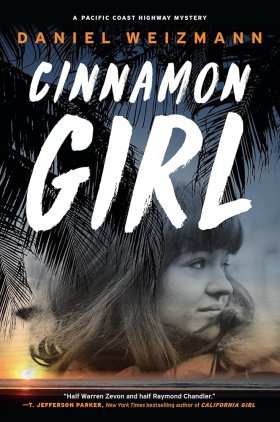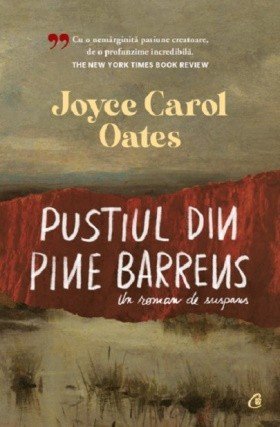Chapter 11
Chapter 12
Chapter 13
Chapter 14
Chapter 15
Chapter 16
Chapter 17
Chapter 18
Chapter 19
Chapter 20
Chapter 21
Chapter 22
Chapter 23
Chapter 24
Chapter 25
Chapter 26
Chapter 27
Chapter 28
Chapter 29
Chapter 30
Chapter 31
Chapter 32
Chapter 33
Chapter 34
Chapter 35
Chapter 36
Chapter 37
Chapter 38
Chapter 39
Chapter 40
Chapter 41
Chapter 42
Chapter 43
Playlist
Liner Notes for the Daily Telegraph’s Del Cyd
Acknowledgments
About the Author
 1
1
I parked by the newsstand across from Canter’s Deli and headed for the Shalom Terrace Retirement Home in the morning sunlight. The streets were fresh, softened by the night’s rain, and the old neighborhood looked young again, washed clean of memory. Me, I was edgy, crazy restless. I was calling on Charles Elkaim, my former piano teacher, now pushing ninety. Crossing Fairfax Avenue, looking up at the neon chef delivering pastrami, I cautioned myself: be kind and hear him out. Operation Get-This-Over-With.
Elkaim had phoned out of the blue with what he described as private troubles—“tsuris of a sensitive nature.” It wasn’t like we were still close—a million years ago, he lived across the street from the house I grew up in. In the Thursday afternoons of my awkward childhood, I sat beside him on the black bench and practiced Hanon scales. Elkaim was a taskmaster. His motto was “Better to play nothing than touch the wrong note.” Still, they were happy times—he liked me, and he was more than teacher or neighbor, he was also my late uncle Herschel’s only real close friend. Hersch was gone now, buried out there near Whittier Boulevard, and we hadn’t ended on good terms. Odds are, Elkaim knew that.

























